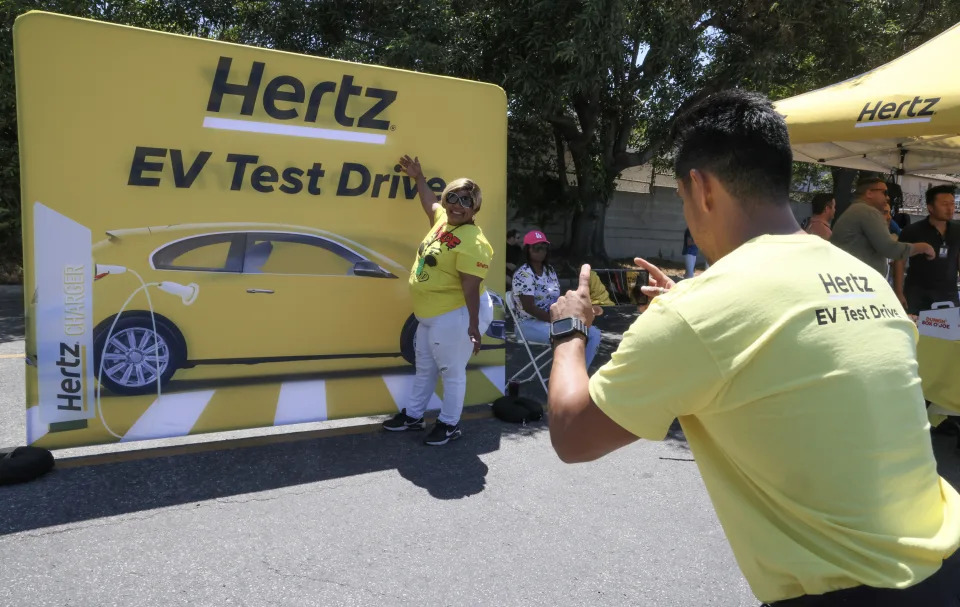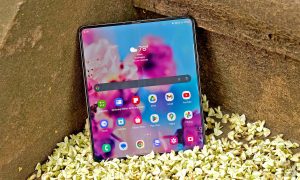In 2021, Hertz announced plans to acquire 100,000 electric vehicles (EVs) from Tesla by the end of 2022. However, the company is currently far from reaching that target, and it might take some time, or may not even be achievable, due to a slowdown in its electrification plans. Hertz’s CEO, Stephen Scherr, revealed during the company’s third-quarter earnings call that its efforts to integrate EVs into its fleet are not progressing as rapidly as initially anticipated.
For the quarter, Hertz reported a 13 percent margin, which could have been “several points higher” if not for the cost-related challenges associated with EVs. Depreciation, partly exacerbated by the one-third reduction in retail prices for electric cars in its fleet, was one of the factors impacting the company’s margins. Over the past year, Tesla has implemented multiple price reductions, including a nearly 20 percent price cut for the Model S and X in September.
Scherr also mentioned that EVs are incurring approximately double the damage repair costs compared to conventional internal combustion engine vehicles. Hertz is collaborating with Tesla to assess the performance of its cars and mitigate the risk of damage, as well as improve parts procurement and labor efficiency. In its earnings report, the company disclosed that 80 percent of its EVs are Tesla vehicles, representing 35,000 Teslas out of its 50,000 EV fleet. EVs introduce maintenance challenges, potentially linked to their heavier weight. Additionally, shifting a portion of its EVs from ridesharing use to leisure has negatively impacted its margins. Hertz rents out Tesla EVs to Uber and Lyft drivers, and the company now plans to return the vehicles it removed from the pool back to its ridesharing business.
Despite these challenges, Scherr emphasized Hertz’s commitment to its long-term electrification plan but acknowledged that they would proceed cautiously while seeking solutions to the issues related to EVs. The CEO suggested that embracing EVs from other manufacturers like GM could help address some of these problems. He anticipates that Hertz can purchase these vehicles at a considerably lower price point than Tesla’s prices, which may also result in lower damage rates and reduced costs for parts and labor. Traditional automakers like GM have well-established nationwide parts supply networks developed over many years, making it easier and potentially more cost-effective to procure components due to aftermarket availability.




